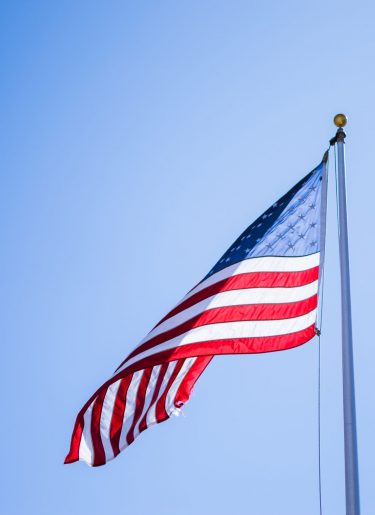- A 2010 Wall Street reform and consumer protection law requires SEC-listed companies to disclose whether they use ‘conflict minerals’ and whether these minerals originate in the Democratic Republic of the Congo (DRC) or an adjoining country. In such a case, the company must submit a ‘Conflict Minerals Report’ describing the measures taken to exercise due diligence, the description of the products and the facilities used to process them, the country of origin of the conflict minerals, and the efforts to determine the mine or location of origin with the greatest possible specificity.
- A California law that took effect in 2012 requires covered companies to disclose information regarding their efforts to eradicate human trafficking and slavery within their supply chains. The law applies to retail sellers and manufacturers that do business in California and have annual worldwide gross receipts exceeding USD 100 million. These companies must disclose the extent of their efforts in five areas: verification, audits, certification, internal accountability, and training.
- The Uyghur Forced Labor Prevention Act (UFLPA), which was signed into Federal law on 23 December 2021, establishes a rebuttable presumption that the importation of any goods mined, produced, or manufactured wholly or in part in China’s Xinjiang Uyghur Autonomous Region, or produced by certain entities, is prohibited. The presumption applies unless the Commissioner of U.S. Customs and Border Protection determines that the importer of record has complied with specified conditions and that the goods were not produced using forced labour.
- A longstanding Federal tariff act prohibits the importation of all goods and merchandise mined, produced, or manufactured wholly or in part in any foreign country by forced labour, convict labour, and/or indentured labour under penal sanctions, including forced child labour. This law is enforced by the U.S. Customs and Border Protection. CBP has the authority to investigate, issue orders and findings, and impose civil penalties against domestic companies to prevent merchandise produced using forced labour in the supply chain from being imported into the United States. https://www.cbp.gov/trade/forced-labor
- The United States-Mexico-Canada Agreement (USMCA) has fully enforceable labour standards, including enforcement of laws regarding forced labour and child labour. USMCA also includes new provisions that require the parties to take measures to prohibit the importation of goods produced by forced labour, including forced child labour, to address violence against workers exercising their labour rights, to address sex-based discrimination in the workplace, and to ensure that migrant workers are protected under labour laws.
- A 2015 Federal contracting rule strengthens the existing prohibition against trafficking in government contracts by expressly prohibiting Federal contractors, contractor employees, subcontractors, and subcontractor employees from engaging in specific types of trafficking-related activities. These include destroying and confiscating identity documents, using misleading recruitment practices, failing to provide return transportation costs upon the end of employment in most situations, failing to provide an employment contract in writing, providing housing that fails to meet standards, and charging employees recruitment fees. Additionally, where contracts that exceed USD 500,000 are performed outside the United States, contractors must develop a compliance plan with an employee awareness program, a process for employee reporting of violations, a housing plan, and a wage and hour plan. Such contractors must certify annually that they are implementing their plans, and that neither they or their subcontractors have engaged in the prohibited practices, or that if violations are found in their supply chain that they have taken appropriate remedial and referral actions.
- A 1999 Executive Order requires the U.S. Department of Labor to publish a List of Products Produced by Forced or Indentured Child Labor and their countries of origin. This List is intended to ensure that U.S. federal agencies do not procure goods made by forced or indentured child labour. Under procurement regulations, federal contractors who supply products on the List must certify that they have made a good faith effort to determine whether forced or indentured child labour was used to produce the items supplied.
Recent proposed legislation relating to supply chain transparency includes:
- The Slave-Free Business Certification Act of 2022, which was recently introduced in the U.S. Senate, would require any publicly traded mining or manufacturing entity with annual worldwide gross receipts that exceed USD 500 million to conduct an audit of its supply chain, to investigate the presence or use of forced labour by the company or its suppliers. Covered companies would be required to submit and publish a report containing the results of the audit and the company’s efforts to eradicate forced labour from the supply chain.
- The Corporate Governance Improvement and Investor Protection Act was passed by the House in June 2021 and is currently before a Senate This Act would require publicly traded companies to periodically disclose information related to (among other things) environmental, social, and governance performance metrics; expenditures for certain political activities; compensation information regarding executive officers and employees; tax jurisdiction, income, and assets of constituent entities on a country-by-country basis; and manufacturing activity in China’s Xinjiang Uyghur Autonomous Region.
